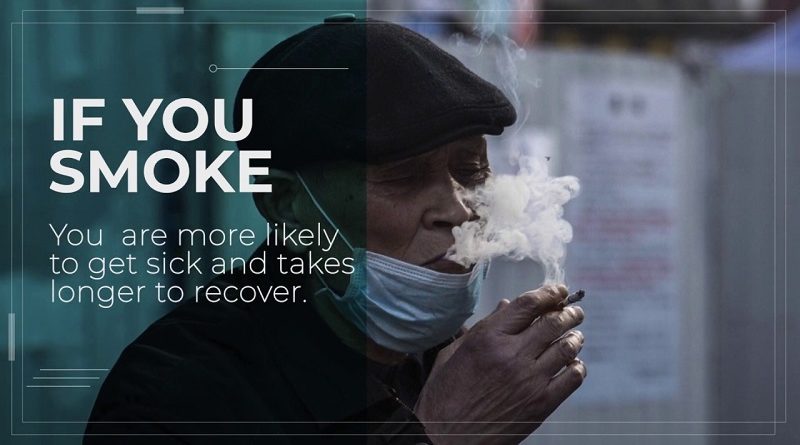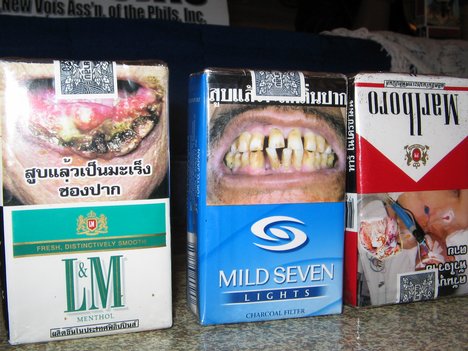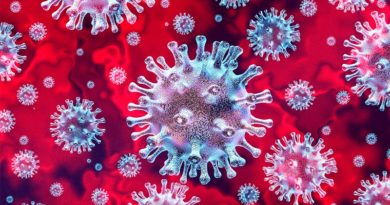Authorities Debunk Smoking’s Alleged COVID-19 Defence As Hot Air
Source: Vientiane Times
Health experts have confirmed there is no evidence whatsoever that smoking can help prevent or treat COVID-19; in fact, smokers have a higher mortality rate if they contract the contagious virus.
This was the message from Director General of the Department of Hygiene and Health Promotion, Ministry of Health, Dr Phonepaseuth Ounaphome on Thursday at a joint workshop with Lao media discussing preparations to celebrate World No Tobacco Day on May 31.
He said such erroneous suggestions about smoking and the coronavirus were only fake news spread by some uninformed people on social media.
The workshop heard that this year’s theme for the celebration is the shielding of younger generations, focusing on “Protecting youth from industry manipulation and preventing them from tobacco and nicotine use”.

J&C offers premium discounts on corporate medical insurance and customize health coverage for your company or group
As the tobacco industry is increasingly targeting young people as an emerging and vulnerable market for its addictive products, this is a pressing issue and a challenge for tobacco control policymakers in every country.
Tobacco was also a major risk factor for noncommunicable diseases like cardiovascular disease, cancer, respiratory disease and diabetes which put people with these conditions at higher risk of developing severe illness when affected by COVID-19, Dr Phonepaseuth said.
COVID-19 is an infectious disease that primarily attacks the lungs. Smoking impairs lung function, making it harder for the body to fight off coronaviruses and other diseases.
“Tobacco smoking is a known risk factor for many respiratory infections and increases the severity of respiratory diseases. Available research suggests that smokers are at higher risk of developing severe disease and death,” he explained.
Tobacco kills more than 8 million people globally every year. More than 7 million of these deaths are from direct tobacco use, and around 1.2 million are due to non-smokers being exposed to second-hand smoke.
Nicotine replacement therapies, such as gum and patches, are designed to help smokers quit tobacco.
Dr Phonepaseuth recommended that smokers take immediate steps to quit by using proven methods such as accessing the toll-free quit lines, mobile text-messaging programmes, and nicotine replacement therapies.
He stressed the importance of ethically approved, high-quality, systematic research that would contribute to advancing individual and public health, emphasising that the promotion of unproven interventions could harm health.
A review of studies by public health experts convened by the World Health Organisation on April 29, found that smokers are more likely to develop severe disease with COVID-19, compared to non-smokers.




